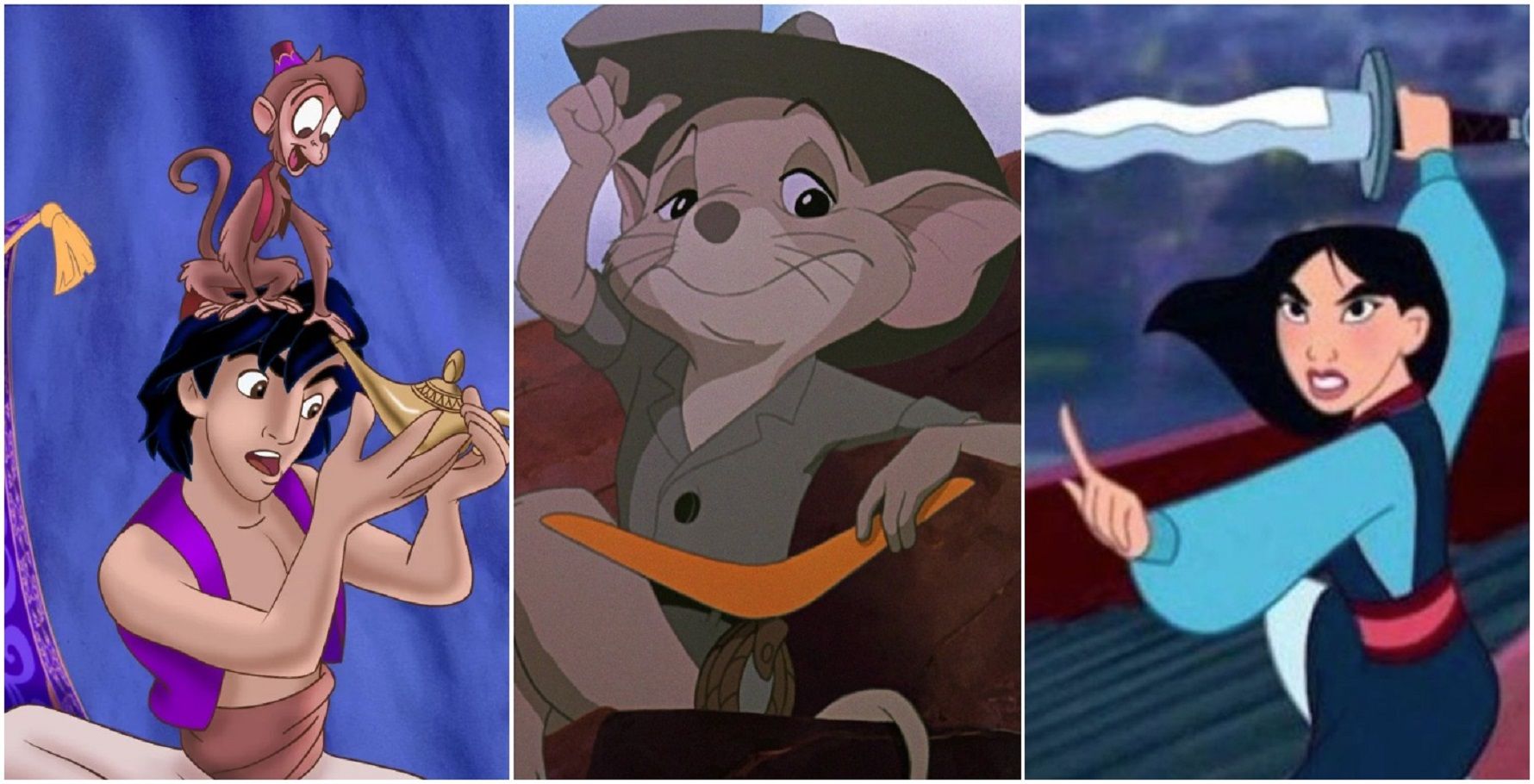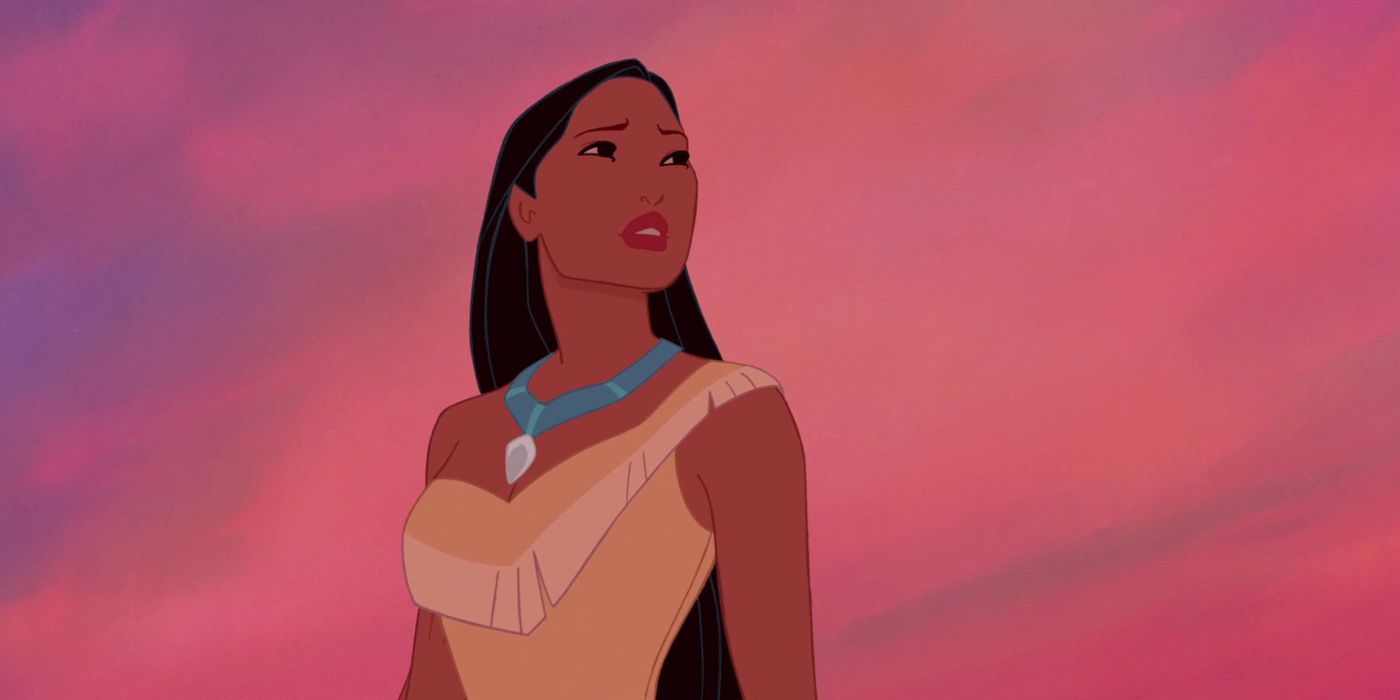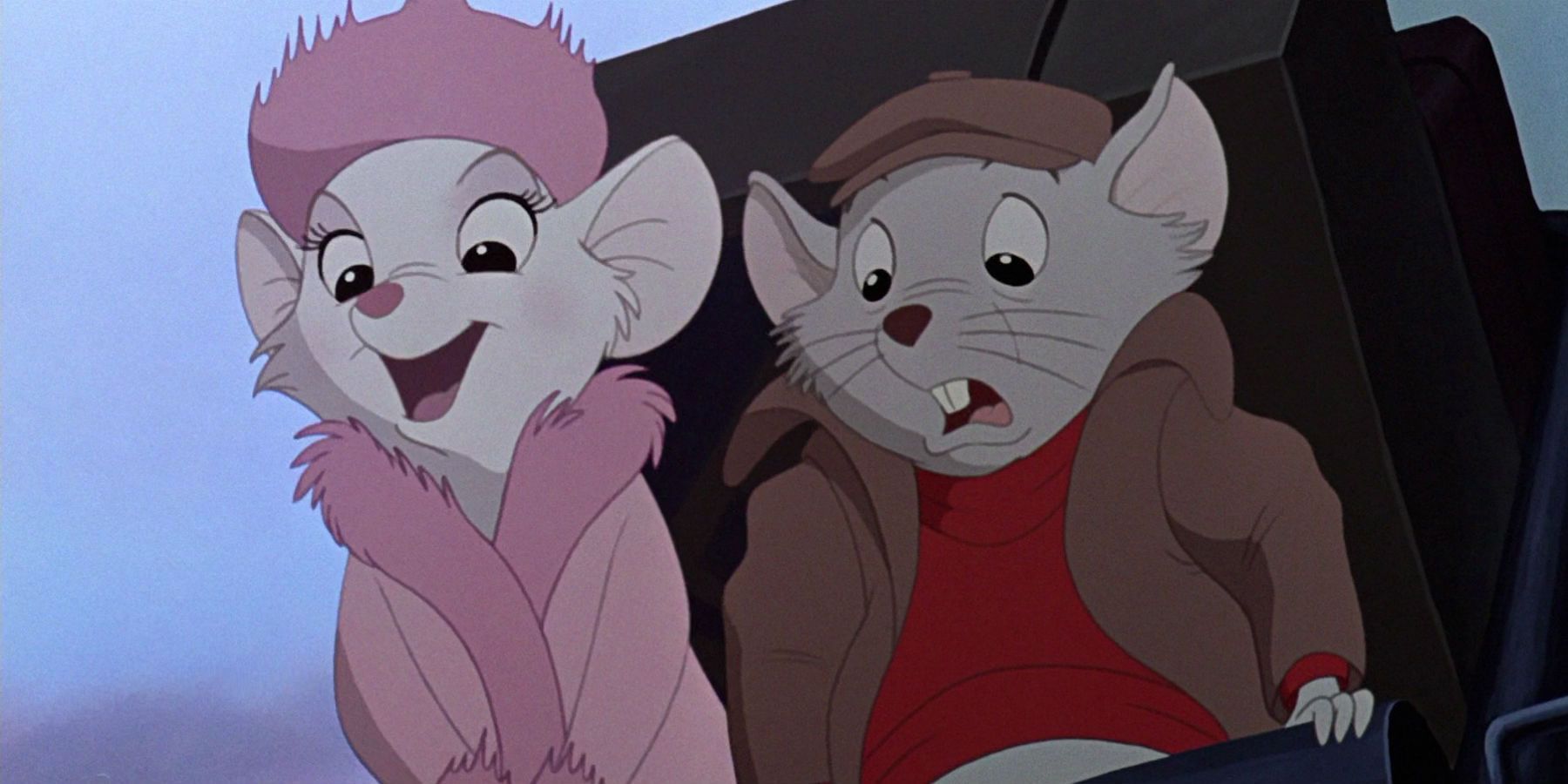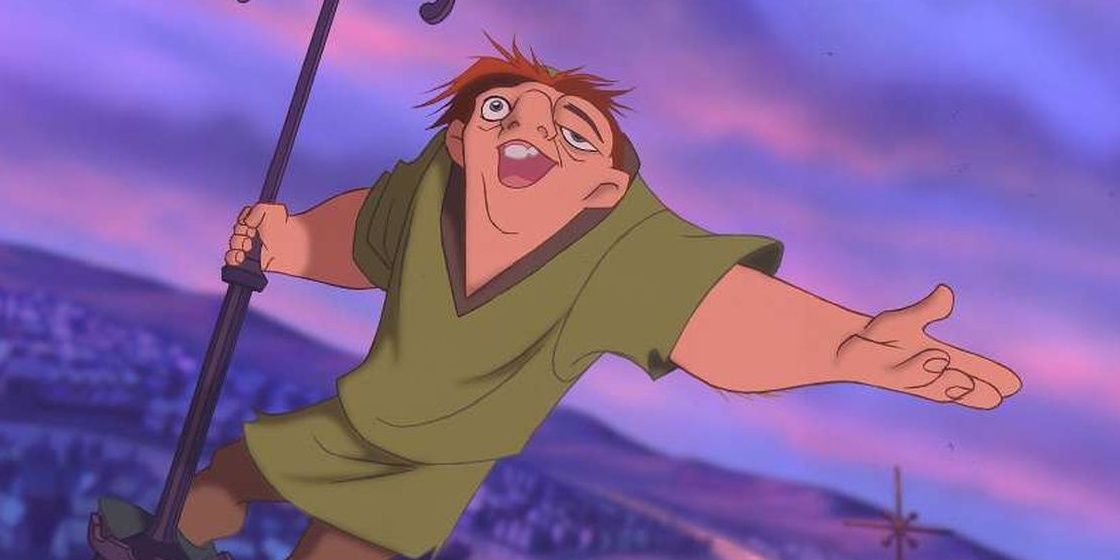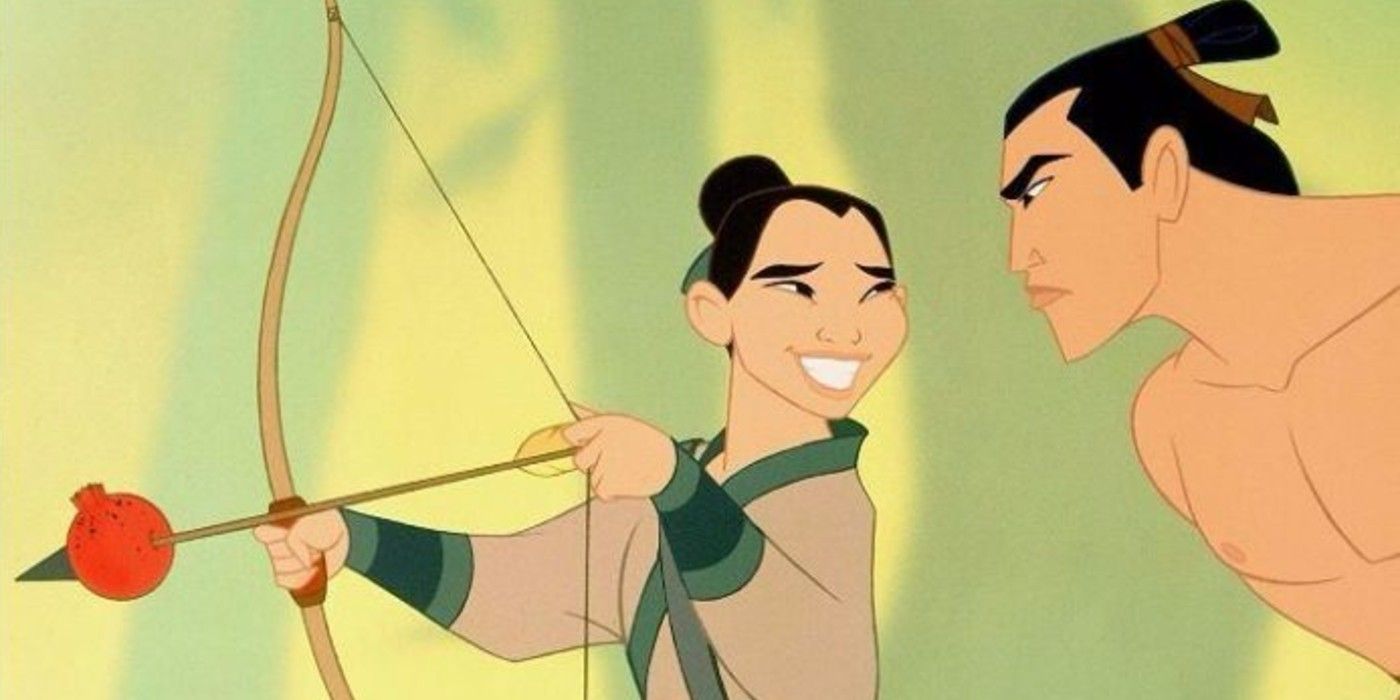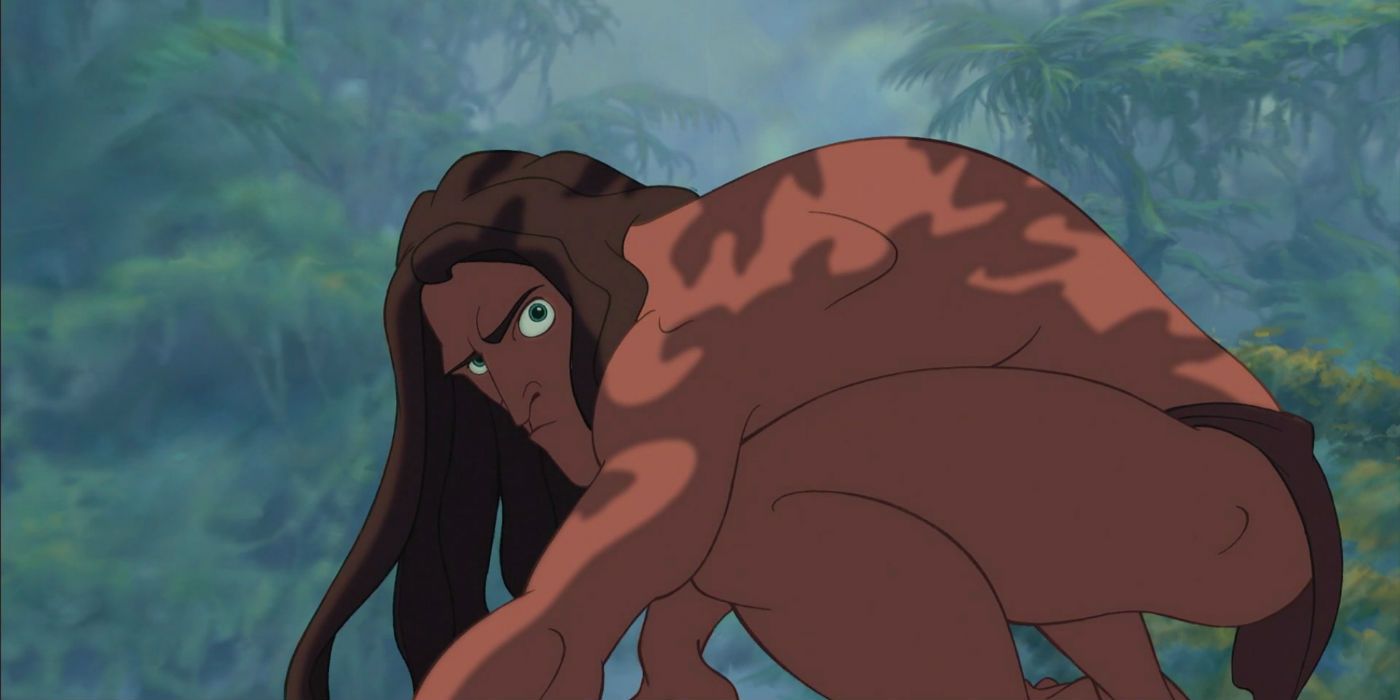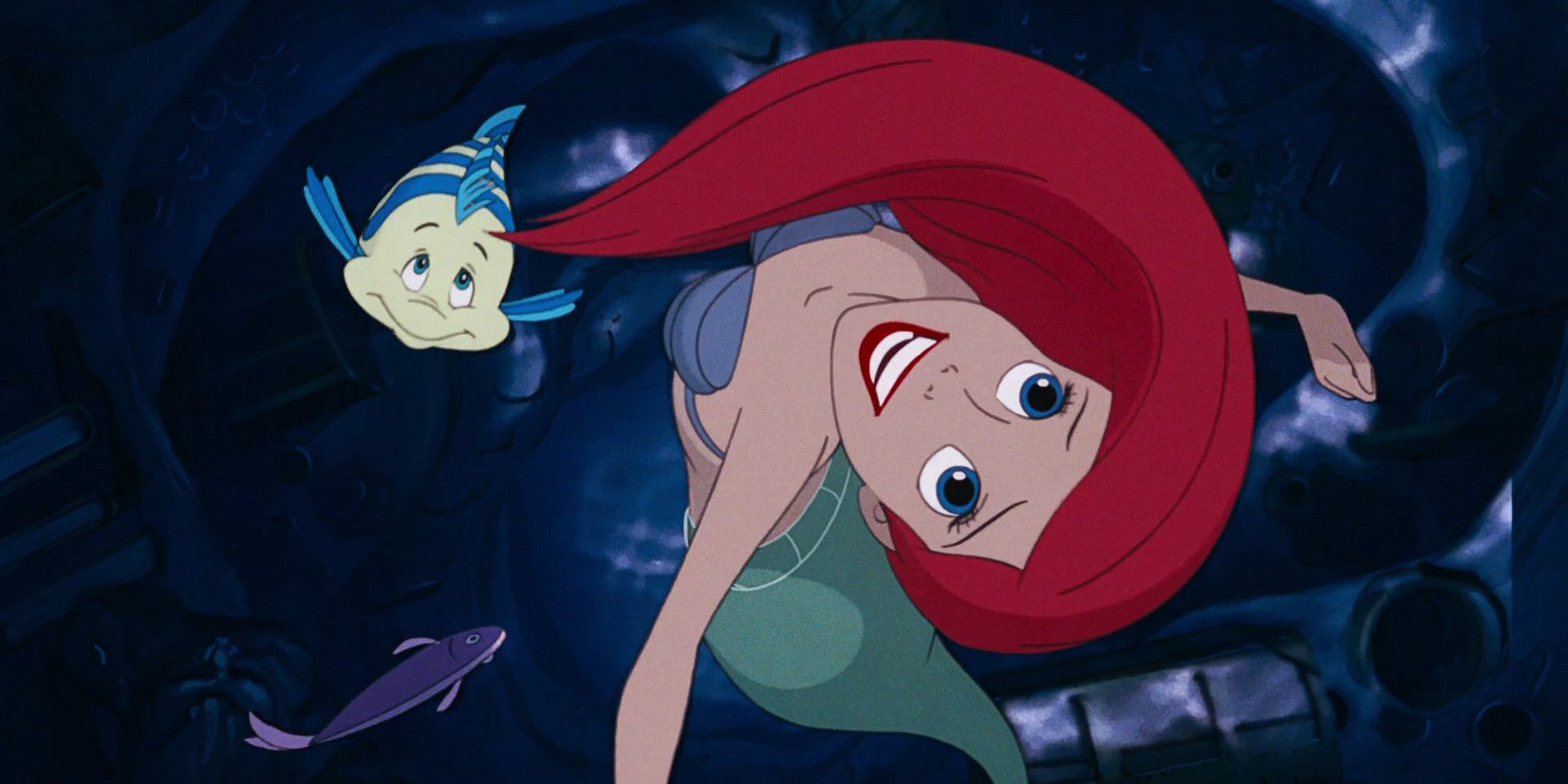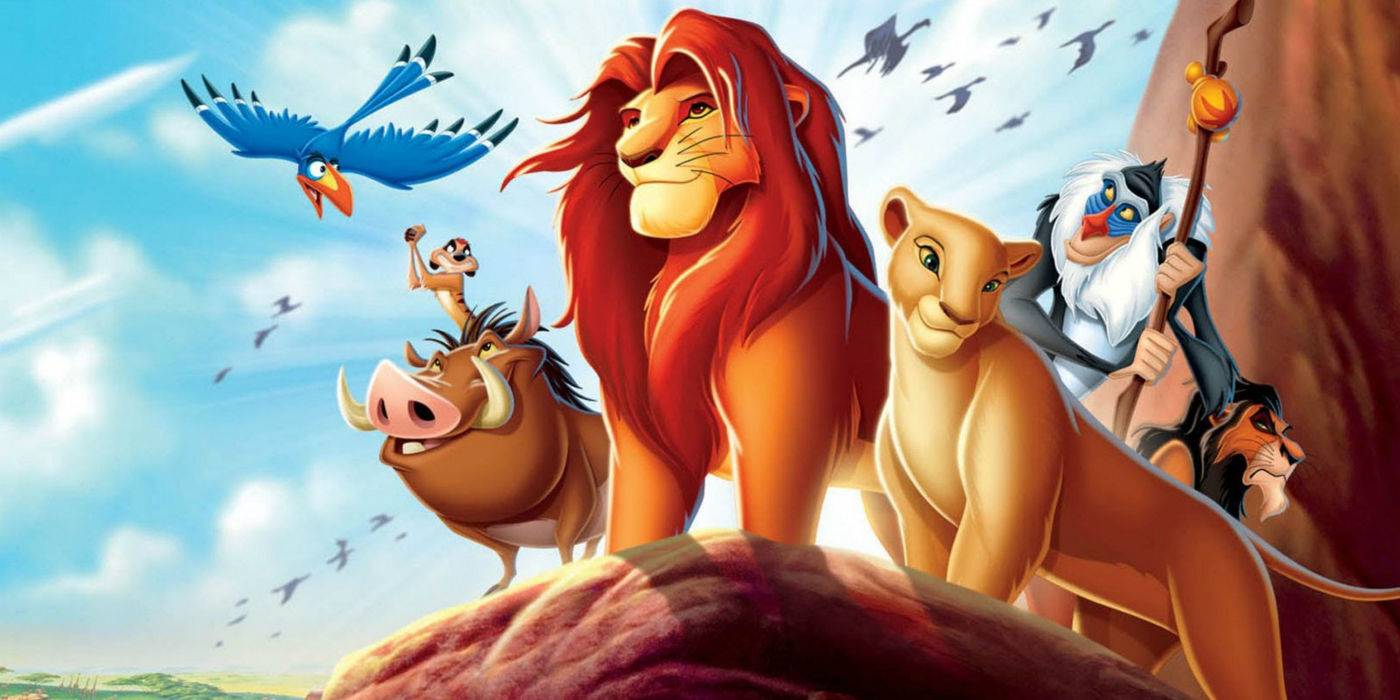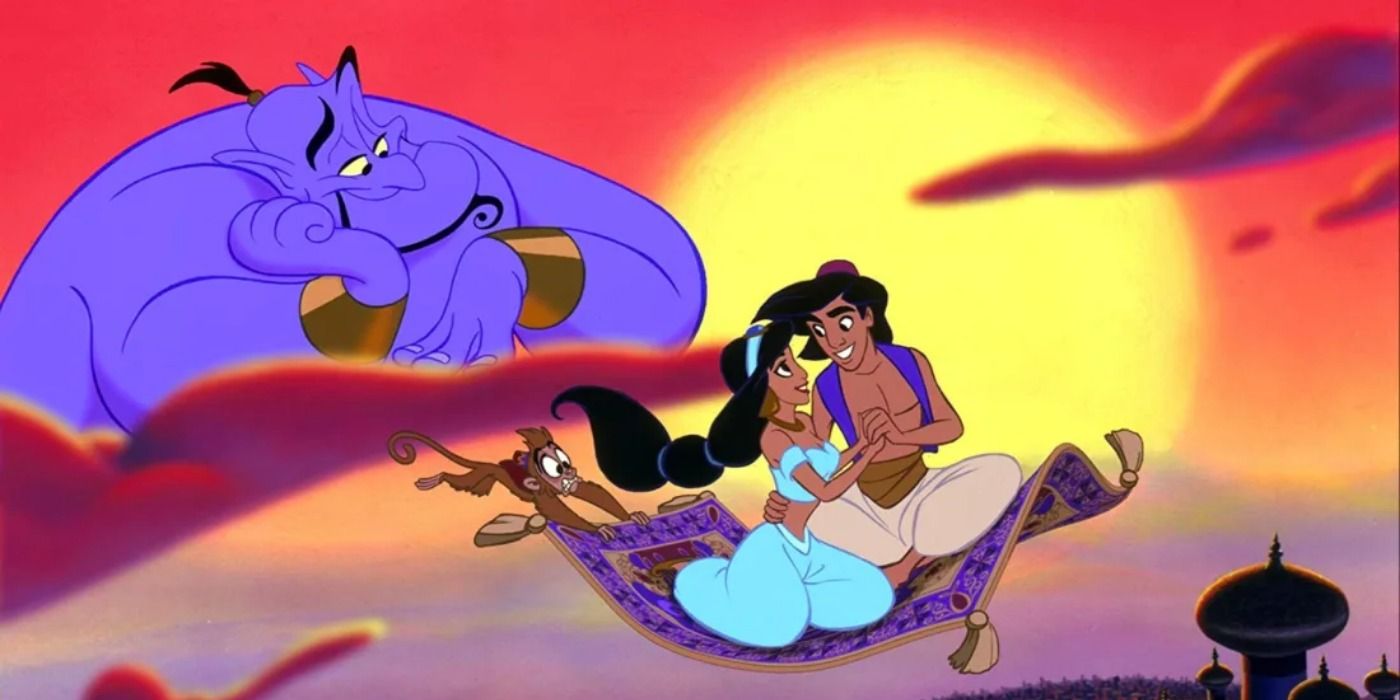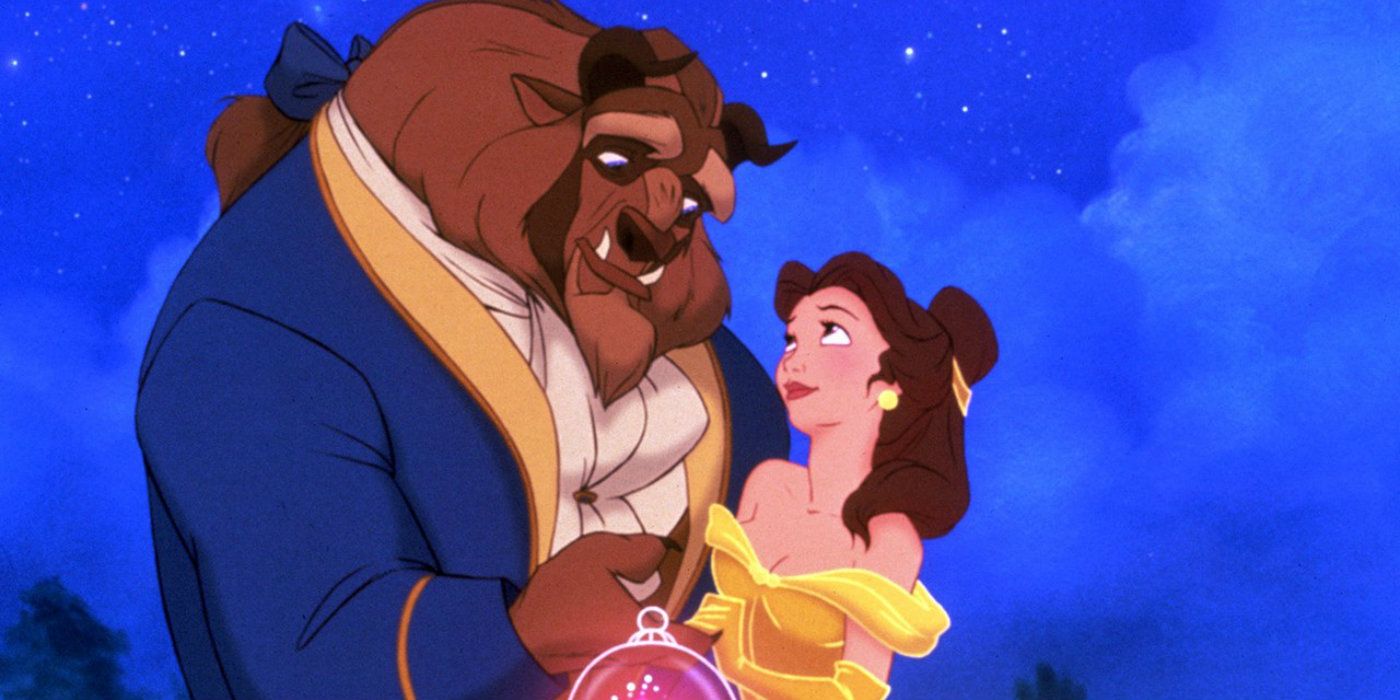Disney's animated movies have always had a tempestuous existence. We've seen both gargantuan successes (many of which went on to change the face of cinema altogether) and numerous financial failures that have resulted in eras of sharp growth and decline.
Disney's finest movie-making hour to date was a string of ten films released from 1989 to 1999. It would be known simply as the Disney “Renaissance” period, due to the revitalization that the features brought to the company and to the field of animation in general. These flicks were that influential. Here, we rank each film by its Rotten Tomatoes percentage score for your reading pleasure.
Pocahontas (56%)
The only real controversy of the Disney Renaissance period, as reflected by its polarized score. 1995’s Pocahontas was certainly a disappointment compared the incredible success of The Lion King from the previous year.
It still contained a number of the distinct qualities that made every other film on this list as beloved as they are, though. The music of the Renaissance period’s real MVP, Alan Menken, for instance. Menken would win the film two Oscars, for the score and the composition for the original song “Colors of the Wind”.
The Rescuers Down Under (69%)
Whilst still a classic to many, 1990’s The Rescuers Down Under is the least famous of the Renaissance films, despite it being a significant milestone for Disney. It was not only the company’s first animated sequel to be released theatrically, it was the first film ever to be entirely created through digital means, not using a camera at all.
It was also, unfortunately, the least financially successful of the Renaissance films. This has no doubt aided in its push into relative obscurity.
The Hunchback of Notre Dame (71%)
A similar financial success to the previous year’s effort, Pocahontas, The Hunchback of Notre Dame was a far less controversial entry into the Renaissance pantheon, despite being one of Disney Animation's darker films.
Songwriter Stephen Schwartz teamed again with composer Alan Menken and, backed by some of the era's most impressive animation, created a number of memorable moments. The two are slated to return in their respective roles for Disney’s proposed live-action remake starring Josh Gad.
Hercules (84%)
A comparative oddity among the Renaissance films. 1997’s Hercules dialled up the use of anachronisms in its story – no doubt as the result of the success of director’s Ron Clements and John Musker’s previous Renaissance film, Aladdin – and the result is quite a unique film.
Menken returns once again but for a score that veered off more dramatically into contemporary styles like gospel and blues.
Mulan (86%)
Another adaptation of an ancient cultural legend, Mulan suffered in the story’s native China. This was partially due to a reaction to Westernized elements.
Though it did eventually receive a release in China – with Jackie Chan to boot – its profits were minimal. Still, that didn’t change the film’s success in the West, and hopefully Disney will do better next time around with Niki Caro’s upcoming live-action remake.
Tarzan (89%)
The final film in the Renaissance took things out on a good note. Though it was the second Renaissance film in a row (after Mulan) to not feature Alan Menken as composer, Mark Mancina’s score with songwriter Phil Collins is still hugely memorable. Collins’ “You’ll Be in My Heart” won Best Original Song at the Oscars.
The animation noticeably shifts further away from hand-drawn animation and further into Disney’s later experimentation with more computer-generated imagery. It’s wrapped around a much simpler story than those films, though, allowing it to more or less maintain the timelessness of the other Renaissance films.
The Little Mermaid (93%)
The first of the Renaissance releases and still one of the company’s most iconic titles. It was the first film that directors John Musker and Ron Clements were paired up with without other co-directors and it began a lengthy career as a double act, with hits in four different decades.
It also began Alan Menken’s relationship with Disney as a composer (which has lasted to this day through a string of hits and the later remakes of those hits). The Little Mermaid earned him the first of his many, many Oscars for the score and the immortal earworm “Under the Sea”.
The Lion King (93%)
Sitting at a tie with The Little Mermaid at 93%, but from more reviewers (the most of any of the Renaissance films), it's the period’s crowning achievement.
It’s not without its controversies (the most persistent being its striking similarities with Osuma Tezuka’s 1960s anime series Kimba the White Lion), but its cultural impact is absolutely undeniable, with Jon Favreau’s remake quickly becoming both the highest-grossing of the Renaissance remakes so far and one of Disney’s highest-grossing films ever. To say nothing of the movie’s record-breaking achievements from home video sales and the stage adaptation.
Aladdin (94%)
The second collaboration between John Musker and Ron Clements as a directing duo recaptured the magic of The Little Mermaid in every way. Naturally, composer Alan Menken returned with an even greater repertoire of hits. A number of them being the last works of long-time collaborator and lyricist Howard Ashman, who had died before the film’s completion.
Guy Ritchie’s recent remake quashed doubts to become a billion-dollar hit for Disney, with Will Smith tastefully living up to the immense legacy of Robin Williams’ original voice performance.
Beauty and the Beast (94%)
Another tie, sharing 94% with Aladdin (but with far more reviews). Beauty and the Beast cemented the Renaissance as a major movement within not just Disney but animation as a whole.
It was both the first animated film to win the Golden Globe award for Best Picture – Musical or Comedy and the first animated film to be nominated for Best Picture at the Oscars. It didn’t win, but it continued the streak of wins for Alan Menken and Howard Ashman, who sadly died before the film’s completion and to whom it was posthumously dedicated.

